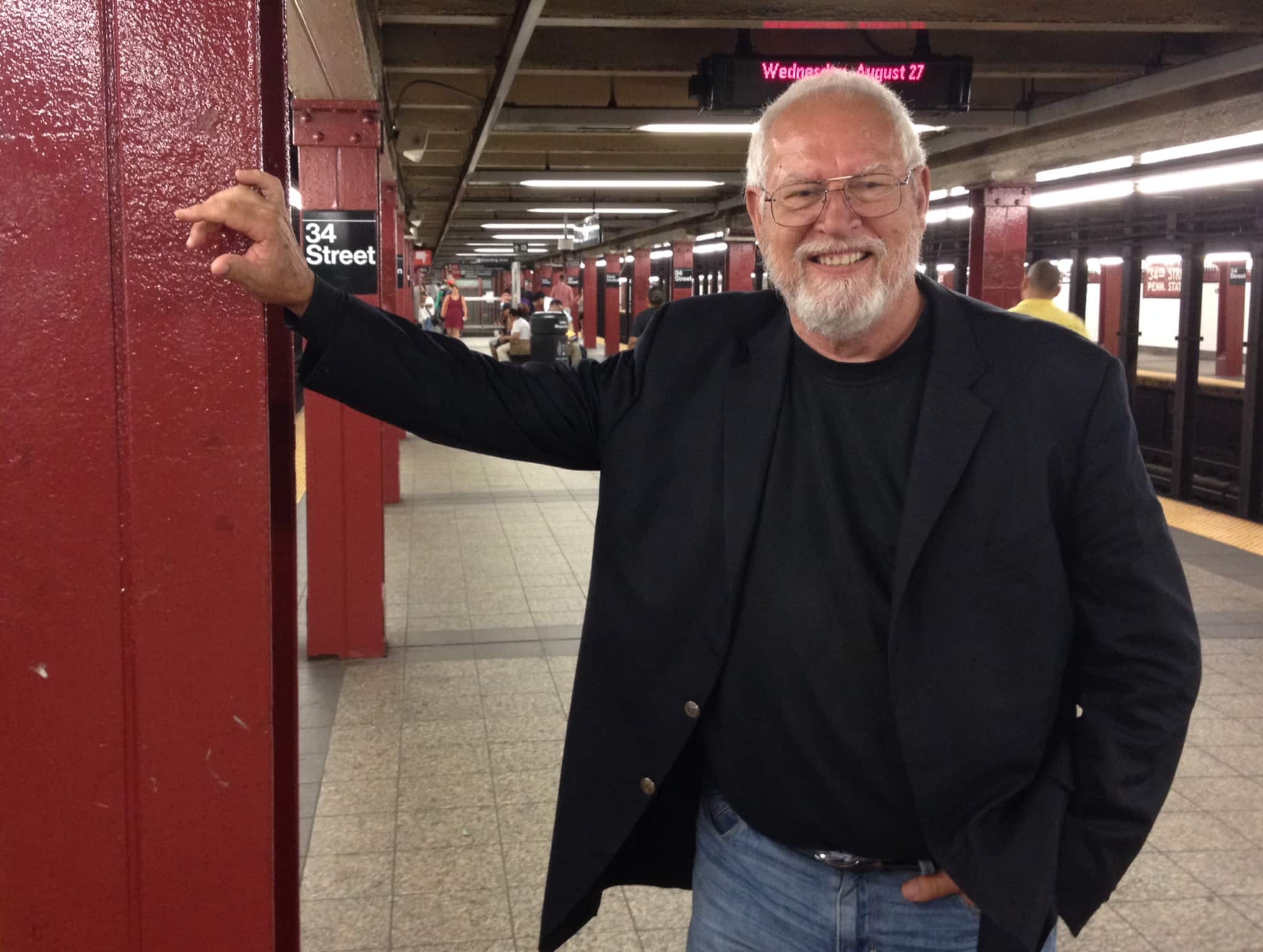Key Takeaways
- Dickson Despommier, a pioneer in vertical farming, has passed away.
- Introduced the modern concept of vertical farming in 1999 while teaching at Columbia University.
- Authored “The Vertical Farm: Feeding the World in the 21st Century”, which helped popularize urban agriculture.
- Advocated for sustainable food production, ecosystem restoration, and urban employment through indoor farming.
- His work shaped modern urban agriculture, inspiring research, investment, and policy developments worldwide.
Listen To The Episode 👇
A Legacy in Vertical Farming
Dickson Despommier, a microbiologist, ecologist, and considered by many as the father of modern vertical farming, has passed away. His work laid the foundation for the development of indoor, multi-story farming, which has since grown into a key component of sustainable urban agriculture.
Despommier’s vision for vertical farming stemmed from a desire to address food security, reduce agricultural waste, and bring food production into cities. His groundbreaking ideas helped shift the global conversation on sustainable agriculture and food production.
“Farming should be where the people are, not where the land is,” Despommier often stated, emphasizing the potential for high-density, soil-free agriculture in urban environments.
Academic Career & Research Contributions
Despommier held a Ph.D. in Biology from the University of Notre Dame (1967) and a Master's in Medical Parasitology from Columbia University (1964). He served as a Professor of Public Health and Microbiology at Columbia University from 1982 onward, where he conducted research on intracellular parasitism with funding from the National Institutes of Health (NIH).
While his early career focused on medical microbiology, his work took a new direction in 1999 when he introduced the concept of vertical farming to his students as part of a project on rooftop gardening in New York City.
The Birth of Vertical Farming
The idea of vertical farming emerged from a class project at Columbia University, where Despommier and his students proposed a skyscraper farm capable of feeding 50,000 people. This concept quickly gained traction, leading to extensive research, publications, and global discussions on urban agriculture.
Key Contributions to Vertical Farming
✔ Theoretical Framework – Developed vertical farming as a concept for urban food sustainability.
✔ Architectural Vision – Proposed high-rise farms capable of producing food in controlled environments.
✔ Scientific Advocacy – Demonstrated the ecological and economic benefits of urban indoor farming.
✔ Publication of “The Vertical Farm“ – His 2010 book popularized the concept globally, influencing policy, investment, and innovation.
Impact and Future of Vertical Farming
Despommier’s work has influenced agriculture, architecture, and sustainability initiatives worldwide. His advocacy for year-round food production, water conservation, and fossil fuel reduction inspired a new generation of scientists, entrepreneurs, and urban planners to pursue vertical farming as a viable solution for food security and climate resilience.
Today, major cities across the world host indoor farms, hydroponic systems, and controlled-environment agriculture (CEA) facilities, many of which trace their origins to Despommier’s pioneering work.
His passing marks the end of an era, but his vision for sustainable urban agriculture will endure through continued advancements in vertical farming and agricultural technology.


